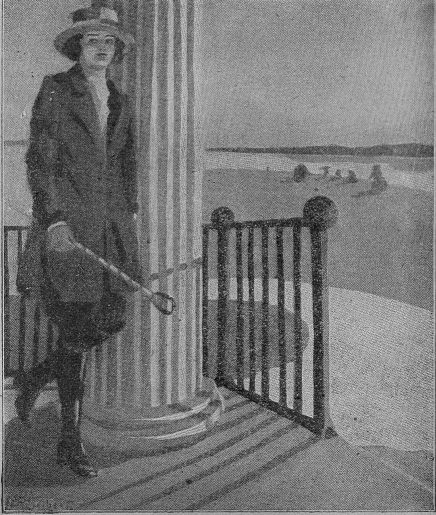EVERYDAY LIFE LIBRARY No.1
Published by EVERYDAY LIFE, Chicago
THE COQUETTE'S VICTIM
BY CHARLOTTE M. BRAEME

CHAPTER I.—The Trial.
CHAPTER II.—The Sentence.
CHAPTER III.—The Papers Again.
CHAPTER IV.—Ulverston Priory.
CHAPTER V.—Lady Carruthers.
CHAPTER VI.—Youth Full of Beauty and Promise.
CHAPTER VII.—A Modern Bayard.
CHAPTER VIII.—Lady Amelie at Home.
CHAPTER IX.—Weaving the Spell.
CHAPTER X.—Deeper and Deeper Still.
CHAPTER XI.—How the Plot Succeeded.
CHAPTER XII.—Caught in the Snare.
CHAPTER XIII.—Ladie Amelie's Story.
CHAPTER XIV.—The Trap Closed.
CHAPTER XV.—The Denouement.
CHAPTER I.
The Trial.
Mr. Kent was a very able magistrate. He had sat on the bench for manyyears and was considered a man of great legal attainments and skill. Hevery seldom erred in his judgment, and being gifted with a naturalshrewdness, he saw the difference at once between a guilty and aninnocent man.
He rarely erred; long practice had made him an adept in reading faces.
But on this morning, the fourteenth of May, he was puzzled. Many caseshad been brought before him. Drunken men dismissed with a fine and areprimand, thieves sentenced to weeks or months of imprisonment, wiveswith pale faces and bruised arms had given reluctant evidence againsthusbands who had promised to love and cherish them until death.
It was a bright May morning, and the sun did his best to pour throughthe dusky windows of the police court; a faint beam fell on the stolidfaces of the policemen and ushers of the court, the witnesses and thelookers-on; a faint beam that yet, perhaps, brought many messages ofbright promise to those present.
A little boy had been sent on an errand with sixpence and had stolen themoney; with many sobs and tears he confessed that he had spent it incakes. Mr. Kent looked at the tear-stained face; the untidy brown headscarcely reached to the table, and the good magistrate thought, withsomething like pain at his heart, of a fair-haired boy at home. So hespoke kindly to the poor, trembling prisoner, and while he stronglyreprimanded, still encouraged him to better ways. The boy was removed,and then Mr. Kent was puzzled by the prisoner who took his place.
A tall, handsome young man, apparently not more than twenty, with aclear-cut aristocratic face, and luminous dark gray eyes. A face that noone could look into without admiration—that irresistibly attracted man,woman and child. He was a gentleman—there could be no mistake about it.That clear-cut Norman face had descended to him from a long line ofancestors; the well-built, manly figure, with its peculiar easy graceand dignity told of a